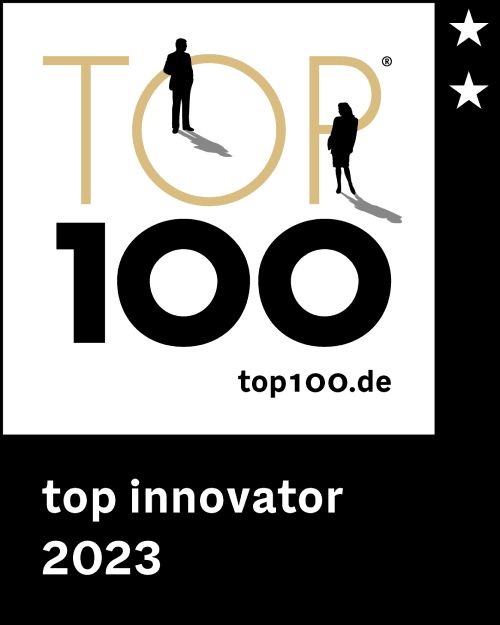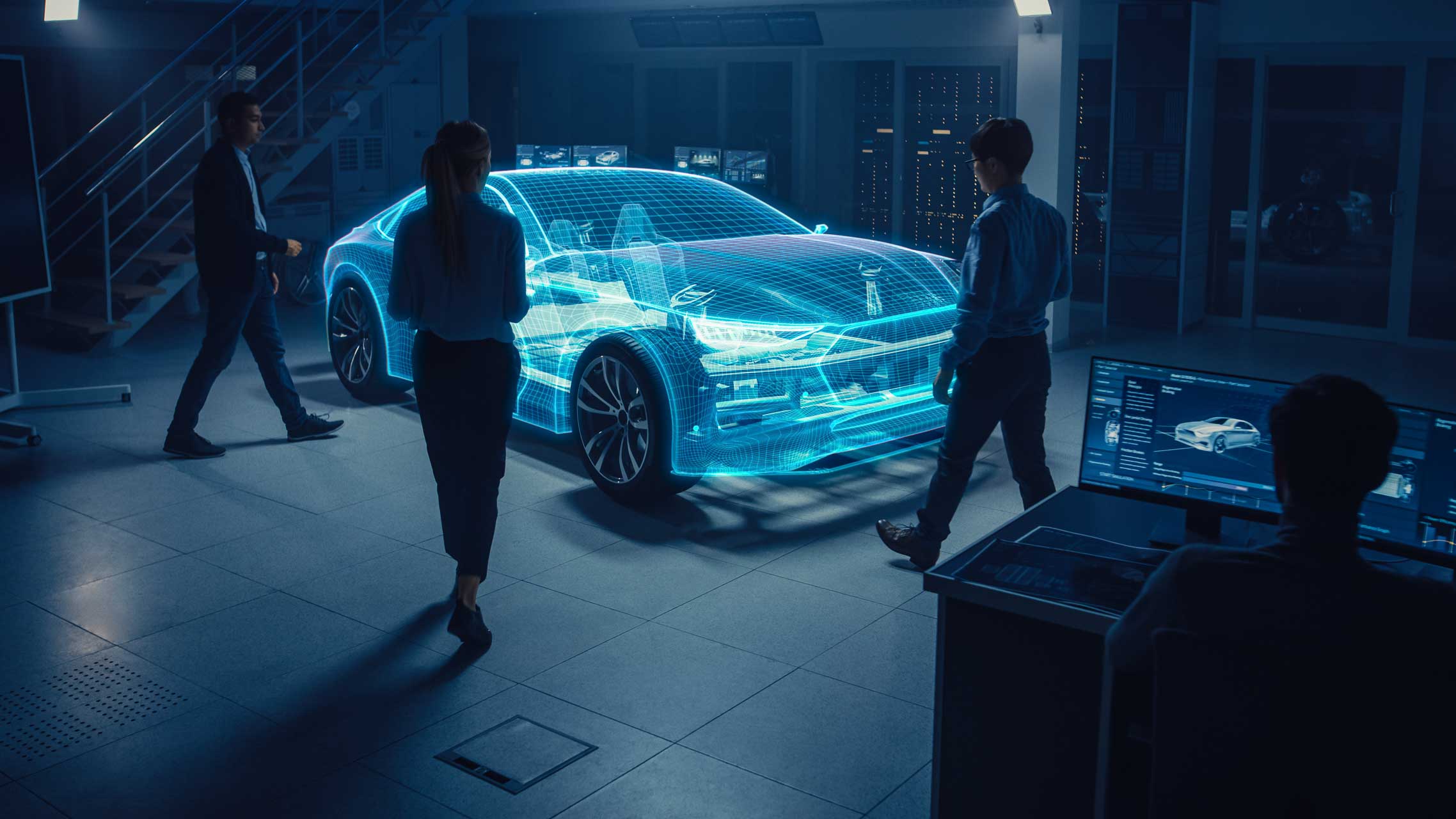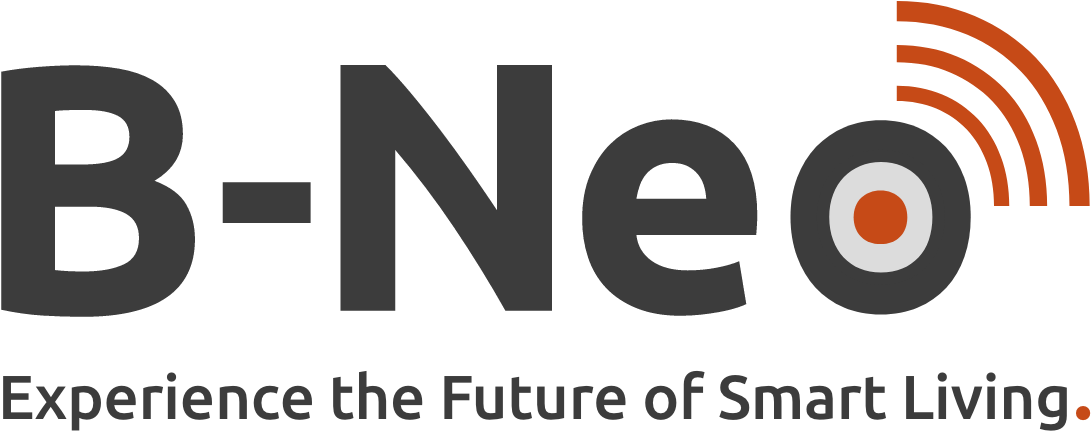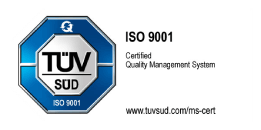A Commentary by Mohammad Kabany, CEO, B-Horizon GmbH
The media coverage on the fundamental transformation, which the automotive industry is exposed to, is omnipresent. However, the seemingly sudden changes have all been in the works behind the scenes. For over 15 years, the priorities in the R&D centers of manufacturers and suppliers have largely been dominated by the megatrends of electromobility, automated driving, as well as digitalization and connectivity. The path to consumer recognition has required the constant effort of assertive pioneers, such as Toyota or Tesla, to establish groundbreaking innovations as hybrid and electric engines or “autopilot” in the markets.
Since then, the global car market has grown by around 40%. Nevertheless, the pressure for change, innovation and improvement has been increasing persistently, especially over the last few years. At the same time, the pace of technological advancement has only accelerated, posing enormous challenges to entrepreneurs, staff and politics.
While it is obvious that the transformation of the industry is advancing rapidly, the intrinsic motivation of the producers, driven by those pioneers, is confronted with the discerning demands of political, social, and environmental stakeholders. The economic slowdown, exacerbated by the coronavirus crisis and the apparent structural challenges, has augmented previous risks, making the need for action a pressing issue.
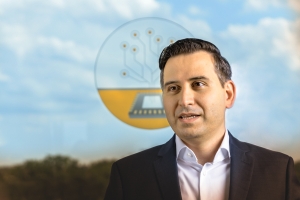 For several years I have experienced that many entrepreneurs and executives are unsure and indecisive. While they do recognize that technologies and their business model are changing, they find it difficult to adjust to a new reality. Especially in public companies, the fixation on the annual or even quarterly result sometimes tends to conflict with the consistent pursuance of long-term strategic goals. Long-term investments into new technologies of billions of Euro, will not yet return profit over the next few years. These include particularly cost-intensive developments in the area of autonomous driving and driver assistance systems, in addition to investments in electromobility and other alternative drive concepts. In this context, the assessment between in-house contribution and outsourcing must regularly be put under scrutiny, both for components and services.
For several years I have experienced that many entrepreneurs and executives are unsure and indecisive. While they do recognize that technologies and their business model are changing, they find it difficult to adjust to a new reality. Especially in public companies, the fixation on the annual or even quarterly result sometimes tends to conflict with the consistent pursuance of long-term strategic goals. Long-term investments into new technologies of billions of Euro, will not yet return profit over the next few years. These include particularly cost-intensive developments in the area of autonomous driving and driver assistance systems, in addition to investments in electromobility and other alternative drive concepts. In this context, the assessment between in-house contribution and outsourcing must regularly be put under scrutiny, both for components and services.
Accelerated by the pandemic, massive upheavals in the labor market are inevitable: tens of thousands conventional jobs are endangered, not least because electro cars are less complex to build than vehicles with combustion engines. On the other hand, employees with new skills are in demand, to drive digitalization and new technologies. The result will be an imbalanced labor market: in spite of headcount reduction and staff retrenchment in the old economy, innovative companies are hardly able to cover their needs for qualified specialists, as we are currently experiencing also at B-Horizon.
Besides new drive concepts, major technological drivers of the change are connectivity and autonomous driving. In this new automotive paradigm, digital functions in the car have become a hygiene factor. The customer keeps expecting a perfect automobile, but a good car without digital offers and extensive connectivity will no longer be accepted in the market. Therefore, the industry’s fear that the consumer perception of the car is changing from a masterpiece of engineering to a software-controlled hardware box on wheels, is not surprising. The reality of the future will be most likely somewhere in between.
The OEM’s have identified the exigent need for change, and are reacting. Cooperations between car manufacturers and tech companies as Microsoft or Intel are rapidly gaining relevance, e.g. for the setup of cloud services and connectivity structures, as well as new alliances between actually competing OEM’s. The new and comprehensive cooperation between Volkswagen and Ford in several clearly defined technology areas serves as a vivid example. Suppliers should be more consistently included in that kind of collaborations in the future, in pursuit of the most optimally constructive partnership. It might be an opportunity for the manufacturers to recognize that suppliers, even beyond tier 1, are competent know-how carriers with high innovation potential.
Consequently, tier 1 suppliers and their providers will need to react swiftly and effectively to the new demands resulting from the transformation, in order to position themselves as valuable problem solvers to their customers. Persistence in the defensive approach, along with the mere desire to survive, will not be enough. Rather, the proactive participation in the formation of change must be the goal and ambition. Furthermore, for the efficient company of the future, the vertical value creation within the development process is going to be of crucial importance. The outsourcing of innovative development scopes to suppliers and service providers will be indispensable, but the competence to define clear requirements, should be strengthened inside the OEM.
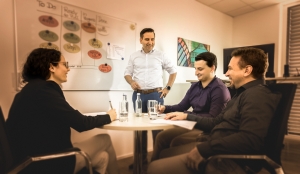 At this point, B-Horizon’s services come into play – supporting each of our clients individually and effectively in the development of innovative electronic and semiconductor products, based on our vision to be the leading partner for customer-oriented microelectronics development. In doing so, the conjunction of the hardware and software details with the goals and requirements of our customers is essential, hence enabling them to fully focus on their core competencies. From beginning on, we decided to offer a complete and comprehensive service portfolio, encompassing consulting, conceptualization, planning, steering and quality control, and even the entire product development process. The objectives and needs of each respective client are what set the scope of our services.
At this point, B-Horizon’s services come into play – supporting each of our clients individually and effectively in the development of innovative electronic and semiconductor products, based on our vision to be the leading partner for customer-oriented microelectronics development. In doing so, the conjunction of the hardware and software details with the goals and requirements of our customers is essential, hence enabling them to fully focus on their core competencies. From beginning on, we decided to offer a complete and comprehensive service portfolio, encompassing consulting, conceptualization, planning, steering and quality control, and even the entire product development process. The objectives and needs of each respective client are what set the scope of our services.
Enormous progress was accomplished in automotive innovation throughout the last few years, particularly in the field of automated driving. Even level 5, the fully autonomous mobility without the presence of a driver, is no longer a mere vision. The technology is available to a large extent. Through the continuous and intensive work with our clients, for instance Ibeo Automotive Systems, where we support in the development of semiconductor components for intelligent driver assistance systems, B-Horizon has become a partner for innovation in this particular technology field.
The existing organizational framework does not always provide the best prerequisites for creativity, innovation and effectiveness. Present structures may have to be changed, as new forms of organization are necessary to enable and promote high flexibility and agility. Therefore, around a year ago, Ibeo introduced a hierarchy-free flat organization. Volkswagen Group, as another example, has announced the buildup of their software development in its own business unit, with thousands of employees at several international locations. Outside the structures of conventional automotive manufacturing, with its own organization and culture. The structure follows in this case the ambitious objective to transform Volkswagen into a tech company.
There are good reasons for the assumption that individual mobility remains a long-term growth market globally, as the potential is vast. In addition, the push towards physical privacy, being one of the immediate consequences of the Covid-19 crisis, might result in commuters preferring a personal vehicle as opposed to public transport, at least in the near future.
In light of the tremendous upcoming change, it’s time for all players and stakeholders to focus on implementation. Future priorities and processes in development, production, and marketing, will require new, different supplier and service structures. Moreover, experts of a new generation will be needed, those who understand the new demands, can seize opportunities, and create the automotive industry of the future.
About the author: Mohammad Kabany, 40, studied Electrical Engineering and Electronics at Aleppo University, followed by master studies in Computational Sciences in Engineering (M.Sc.) and Business Administration (MBA) in Braunschweig and Regensburg. For several years, Kabany worked in leading positions in the automotive supplier industry, among others at Continental and ZF Friedrichshafen. In 2017 he founded B-Horizon GmbH as innovative service provider for microelectronics development. He lives with his family in Regensburg.
